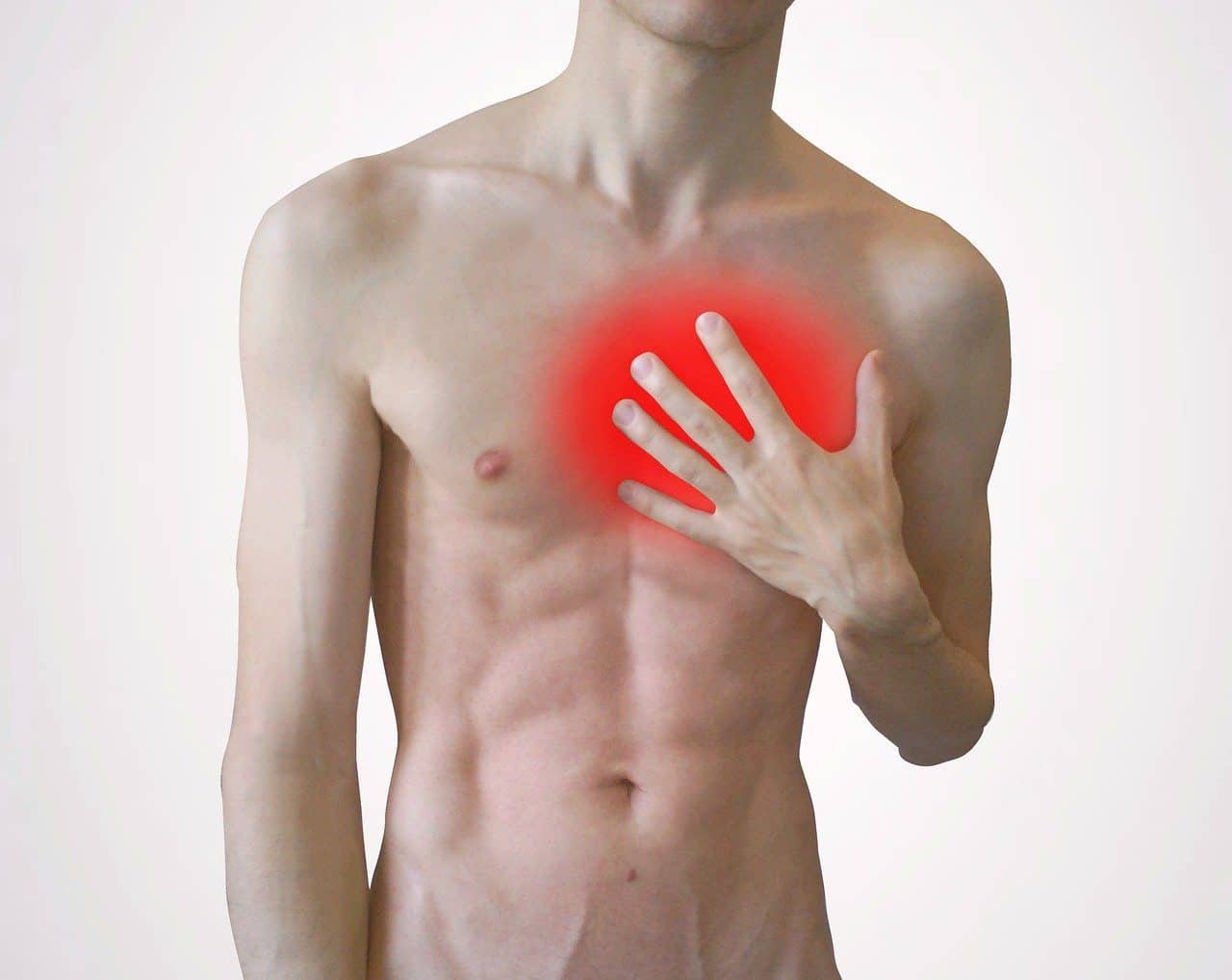
Tachycardia is the acceleration of the heart rate.
Tachycardia is the accelerated rhythm of the heart rate . To understand, therefore, what tachycardia is, it is essential to have basic notions about how the heart works .
This organ contracts and dilates to pump blood that circulates through the body. These contractions and dilations occur with a certain rhythm : that is, the heart contracts and then dilates a certain number of times per minute. The movement of contraction and dilation, on the other hand, generates a small beat in the chest known as a heartbeat .
Heart rate reveals the rhythm of the heart . It is usually measured through pulse (which is generated in the arteries by the passage of blood pumped by the heart). As the pulse (and the number of beats) increases, the heart rate increases. It is important to keep in mind that an irregular or unusual heart rate implies a health disorder that can be serious.
What is tachycardia
It is considered that an adult person, at rest, should have a pulse of between 60 and 100 beats per minute . When the measurement reveals an amount greater than said maximum value , it is correct to state that the individual has tachycardia . This means that your heart is beating too fast; It contracts and expands rapidly.
As the heart beats faster and, therefore, is subjected to greater stress, tachycardia in the long term causes deterioration of the organ. Physical activity , drug use, anxiety and kidney failure are some of the causes that can cause tachycardia.
On the other hand, both dehydration and overhydration can contribute to the appearance of tachycardia: in the first case, the body increases the heart rate to compensate for the lack of fluid, while in the second a condition of heart failure occurs due to the excess. We must keep these two phenomena in mind to consume the appropriate amount of liquid, especially if we do physical exercise.

Leading a healthy lifestyle helps prevent tachycardia.
How to prevent it
Although the causes related to health problems complementary to tachycardia are not possible to control, there are various factors in our daily lives that contribute to its appearance, and we can alter these. Let's look at some relatively easy tips to follow to maintain heart health :
- Avoid foods with high fat content, always prioritizing those that provide a lot of fiber, and look for a balanced and healthy diet. More and more nutrition specialists point out that the best thing for the heart, and for the body in general, is a completely vegetarian diet , without any products of animal origin.
- Stay away from any situation that may cause stress , and learn to control yourself in cases where the problems seem to have no solution.
- Maintain regular physical activity, either through exercise or walking to avoid elevators, escalators, and motorized vehicles whenever possible .
- Be attentive to blood cholesterol levels. This is directly related to diet, and that is why it is so important to choose foods consciously.
- Fight overweight , but not for social or aesthetic reasons, but for the serious consequences it can have on the body, tachycardia being one of them.
- Sleep the recommended minimum number of hours, according to age , and avoid irregular sleep sessions. The most advisable thing is to sleep between 6 and 8 hours each night .
- Prevent blood glucose levels from reaching values above normal.
- Alcohol and coffee should be consumed in moderation.
